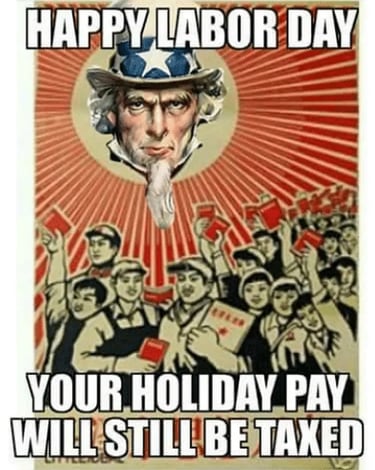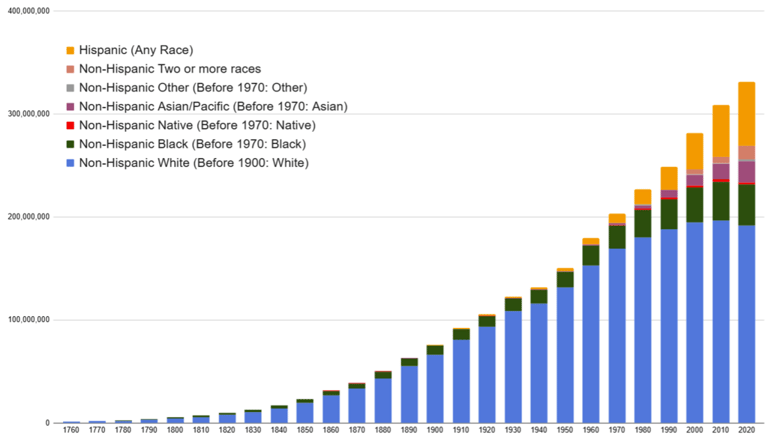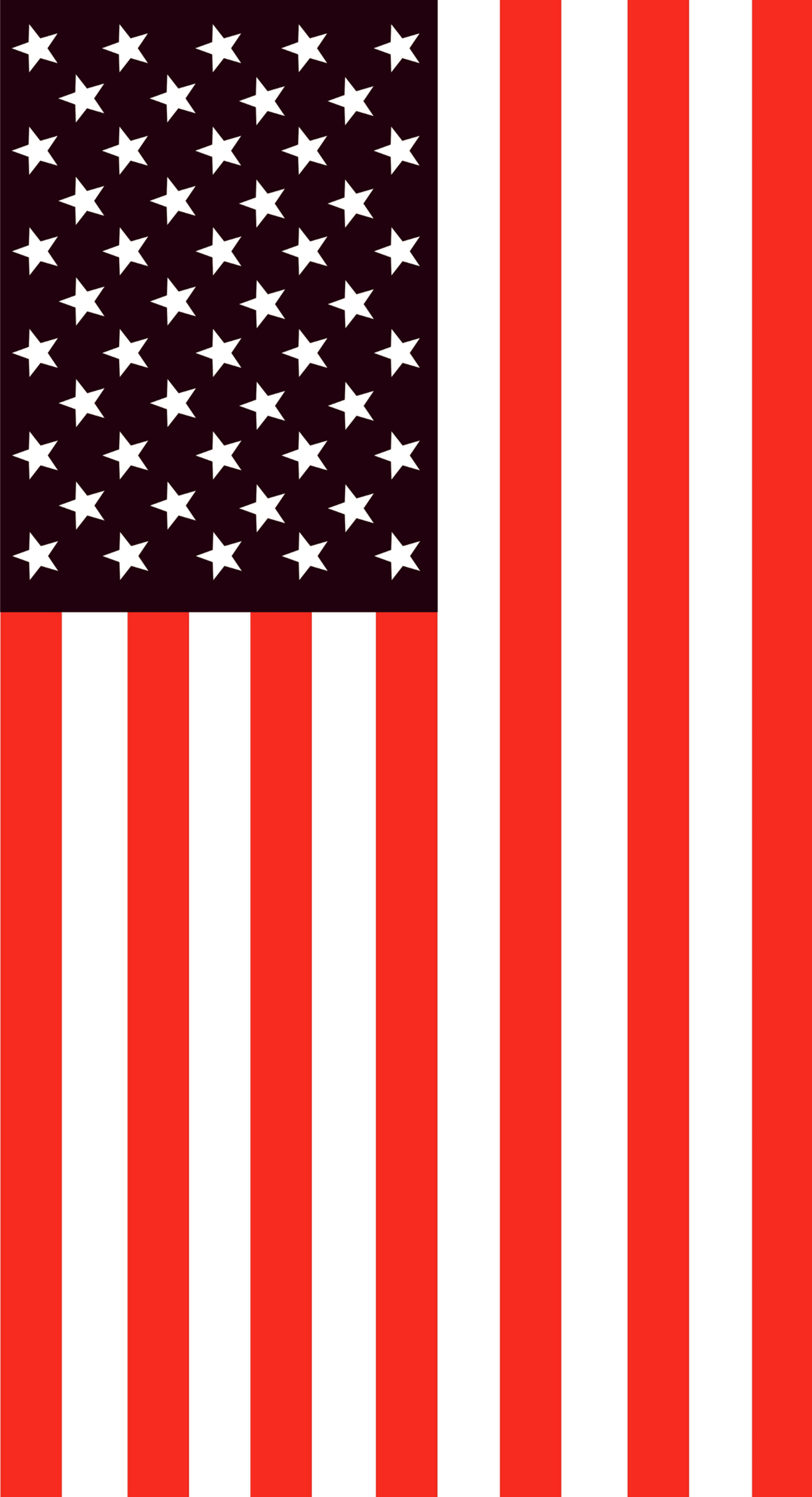
Labor Day Crash Course
For Americans, knowing why Labor day came about is just as important as understanding the historical context of other major national holidays like Memorial Day or Independence Day. While many view it as just the "unofficial end of summer," its deeper meaning is essential to recognizing American history and values.
LABOR DAYAMERICAN HOLIDAYS
HBIC
9/2/20253 min read
Fast forward to today, and we mostly treat Labor Day as summer’s funeral. The history lesson? Forgotten. The hot dogs? Devoured. The mattress sales? Eternal. It’s officially known as the unofficial end of summer, the reason flip-flops suddenly go on clearance, and the last sanctioned Monday where day-drinking feels patriotic. But the actual reason? Yeah, that part usually gets lost somewhere between the barbecue ribs and the beer cooler.
Basically, Labor Day was meant to celebrate the sweat and struggle of the American workforce during the wild era of the Second Industrial Revolution — But here’s the plot twist: while most Americans just think “day off,” Caribbean folks in Brooklyn, particularly up and down Eastern Parkway, bust out the feathers, flags, and basslines during the West Indian American Day Parade, which is one of the biggest cultural celebrations in NYC. Could they have picked another day? Yep, but it is what it is. And it’s the crown jewel of carnival week — soca, reggae, calypso, steelpan, dazzling costumes, jerk chicken smoke curling into the sky. If regular Americans celebrate Labor Day by falling asleep on lawn chairs, half of Brooklyn celebrates it by dancing in the streets.
And as if things couldn’t get any more random, September also blesses us with days like National Salami Day. Yes, that’s a real thing. Somewhere, some committee decided that spicy processed meat deserved its own official recognition. So if you’re keeping score: one holiday honors centuries of labor struggles, one celebrates Caribbean culture with parades and music, and one… honors a log of cured pork. America, ladies and gentlemen.
So this year, when someone asks you what Labor Day is about, you can confidently say: “It’s for workers, Brooklyn carnival dancers, and salami.” So while you may not be armed with beneficial knowledge about Labor Day (other than knowing your boss can’t text you about a Zoom call), it still lands in the “things every American should at least vaguely pretend to know” category.
After all, it could be worse. You could be trying to explain Columbus Day. 😆
If you ask, "Who don't know jack shit about Labor Day?" — you'll see a sea of palms because it's that long weekend where Americans collectively fire up the grill, hit up department store sales, and act like the three-day break was specifically invented so we could day-drink on a Monday without guilt. But ask the average Joe what the holiday is actually about and you’ll probably get a shrug, a burp, and a confident “Uh… barbecue?”
In all honesty, Labor Day was basically born out of blood, sweat, and strikes — in recognition that the actual backbone of America was the damn workforce. From benefactors to architecture and construction. The late 19th century was flexing hard with the Second Industrial Revolution: electricity lighting up homes, the internal combustion engine revving things up, telephones making people panic because “the voice is coming from inside a box,” and steel was cranking out skyscrapers.
Here’s the truth real quick: on June 28, 1894, President Grover Cleveland signed the law making the first Monday in September a federal holiday. It wasn’t because America needed a sanctioned end-of-summer cookout. It was because workers back then were tired of 80-hour weeks, dangerous factories, and getting paid in what might as well have been expired coupons. The labor movement demanded better working conditions, fair wages, and the radical concept of not dying on the job. Wild times.






